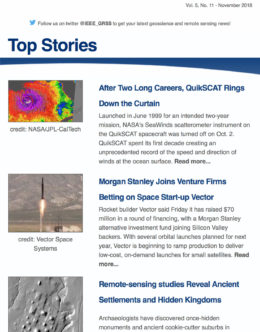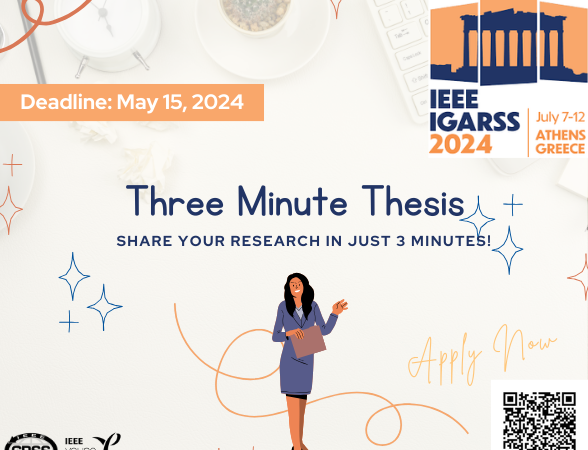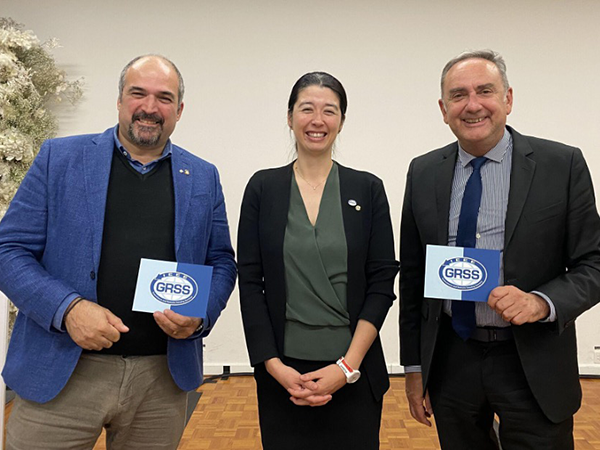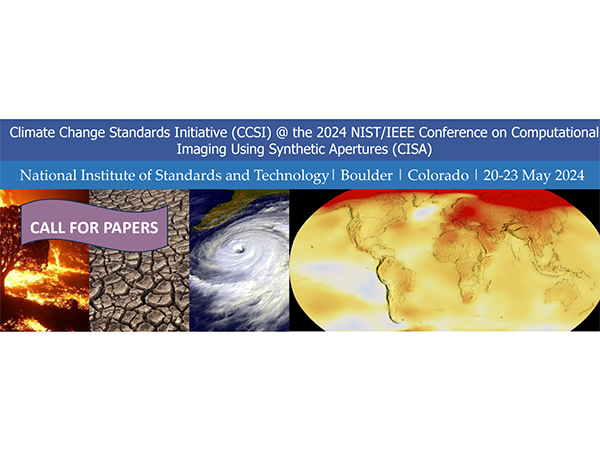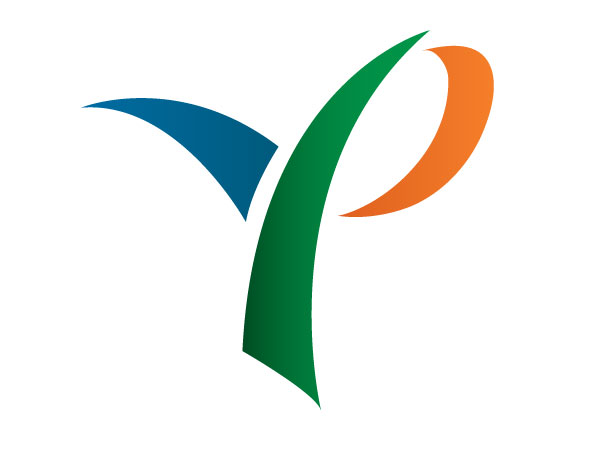Postdoctoral Position in CNES: Synergetic use of satellite data for monitoring surface water dynamics
Location: CNES Data Campus, Toulouse, France
Duration: Two years, starting September 2024
Scientific fields: Applied mathematics, image processing, signal processing
Applications: Hydrology, Remote sensing
Scientific context and goals
This post-doctoral study aims to develop new signal and image processing approaches applied to the remote sensing of water surfaces using heterogeneous satellite data.
The monitoring of surface water storage in lakes and reservoirs is crucial in several contexts: anthropic pressure, climate change, water crisis, etc. Though most of the large reservoirs in developed countries are monitored using in situ measurements, this information is not always available in real-time on a basin scale and is lacking in most developing countries. Furthermore, small reservoirs and natural lakes are usually not monitored. On a global scale, many lakes and reservoirs lack available data, preventing scientists and international organizations from developing a comprehensive understanding of the large-scale dynamics of hydrosystems. Several Earth Observation satellites currently in orbit bring complementary observations, enabling direct estimation of areas and heights of lakes and reservoirs, from which we can deduce volume variations. Amongst them, Sentinel-2 (optical imager) and Sentinel-1 (SAR imager), Sentinel-3/Sentinel-6 (altimeters) of the Copernicus program, SWOT (SAR interferometric altimeter) ICESAT-2 (LiDAR) are of particular interest.
Sentinel-1 and Sentinel-2 for water surface areas at high spatial resolution, but with limitations related to water detection issues and temporal resolution
Sentinel-3 and Sentinel-6 nadir altimeters for water surface elevation for large water bodies, but with low temporal resolution and limited coverage
SWOT (or later Sentinel-3-NG-topography) for joint water areas and surface elevation retrieval, but with limitations related to related to water detection and temporal resolution
Each of the aforementioned sensors provides a large volume of data that is already being processed to generate products for users interested in hydrological applications. However, as the processing is generally done separately for each sensor, the informational value of these products is limited. The full potential of earth observation for monitoring the dynamics of surface water could be unleashed by a synergistic use of all the available data sources.
The present postdoctoral study will focus on the development of algorithmic approaches designed to benefit from these heterogeneous satellite data sources to make up for the limitations of each sensor in retrieving the volume variations of reservoirs and lakes. The early-stage data fusion approach we aim to develop should improve the products in terms of uncertainty, coverage, size of observed water bodies, and temporal resolution.
Multiple mathematical and algorithmic approaches could be considered:
- Bayesian inference to determine the probability law of lakes/reservoirs observable bathymetry law and the relative lake/reservoir volume variations
- Multitemporal Level Set Methods
- Tomographic approaches adapted from other fields (e.g., biomedical imaging)
- Deep Neural Network approaches to retrieve the observable bathymetry law and the relative lake/reservoir volume variations
- Possibly a Bayesian Neural Network or other relevant approaches
For all these approaches, particular attention needs to be paid to the characterization of uncertainties on the products that will be generated. The products will be qualified using standard procedures and available reference data. This qualification will specifically focus on the generalizability of the method over a large variety of water bodies and environments. In particular, given that the products are intended to be used for large-scale processing, it is essential to ensure that the spatial variabilities in the data availability (e.g. swath overlap) do not induce bias in the products.
This postdoctoral work is part of a larger R&D effort from CNES Data Campus on the synergistic use of multiple satellite data sources to provide high-added-value products. For our application, these products could be used for scientific research across various fields of hydrology, for supporting public policies, and for modelization.
Desired profile
Ph.D. degree with expertise in applied mathematics, image processing and/or signal processing. Background in remote sensing or satellite imagery is an advantage, but is not required. No prior knowledge in hydrology is required.
Work environment
He/she will choose the methodological axes in consultation with the project leaders and within the framework of the scientific objectives.
The postdoctoral researcher will be in contact with the French and international space ecosystem: academic laboratories in several scientific fields, industrial and institutional R&D, space agencies. In addition to existing partnerships (LEGOS, INRAE G-EAU, CERFACS, Météo France, Univ. Rouen, Télécom Paris,…), the candidate is invited to propose new academic collaborations. Funding is available for visits in other laboratories and participation in conferences. He/she will be able to supervise internships and benefit from technical support from computer engineers.
The post-doctoral researcher will be employed by CNES, CNES is the French space agency. It proposes and implements French space policy. The Data Campus brings together more than 100 engineers and researchers and is dedicated to demonstrating the usefulness of space data.
Application process
Applications can be submitted until March 15 on the CNES recruitment platform: recrutement.cnes.fr/fr/annonce/2698671-24-170pd-synergetic-use-of-satellite-data…
The application should include :
- Updated academic CV
- A two-page description of the work undertaken during your Ph.D.
- A covering letter
- A research project (maximum two pages, including references).
- A letter of recommendation from your Ph.D. supervisor
- If deemed appropriate, one or two other letters of recommendation
Applicants are invited to contact the CNES project coordinators before submission:









